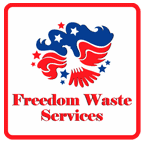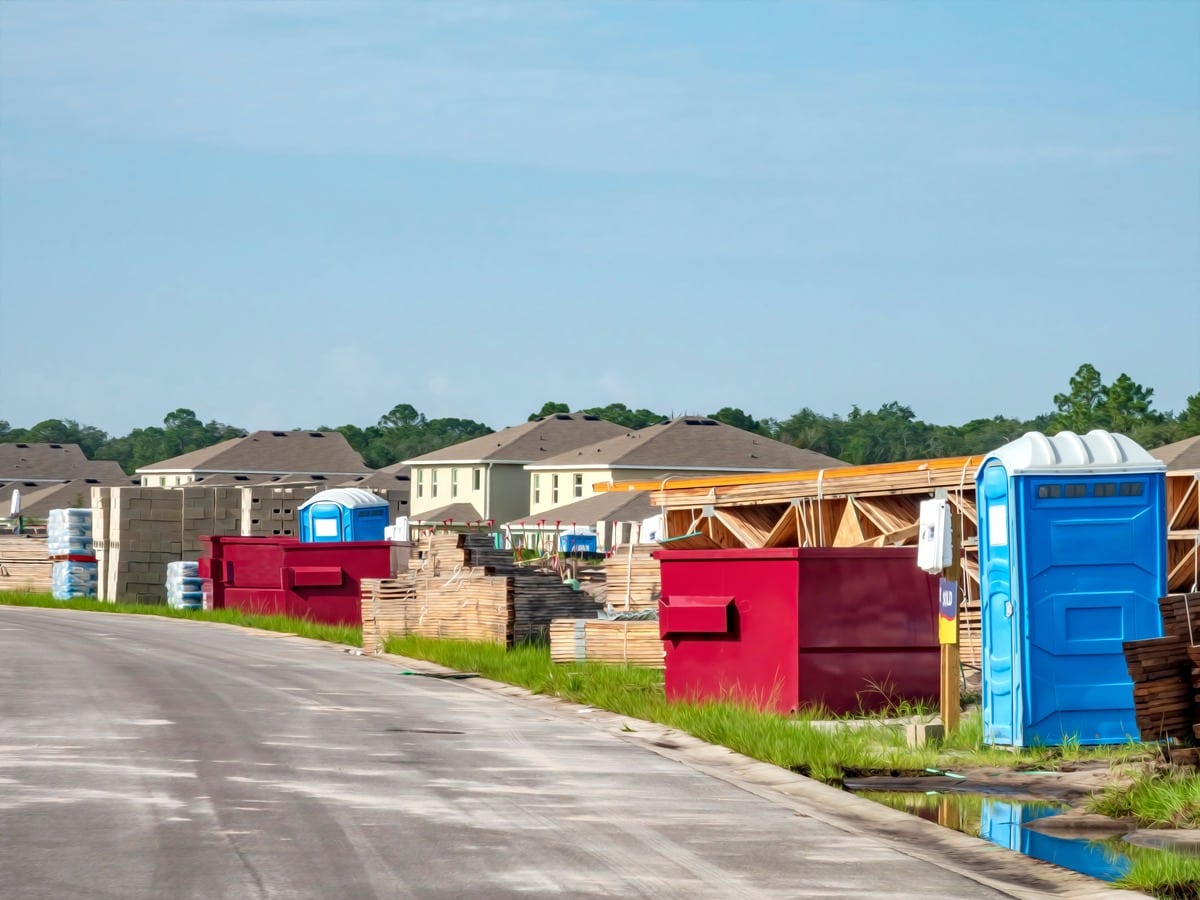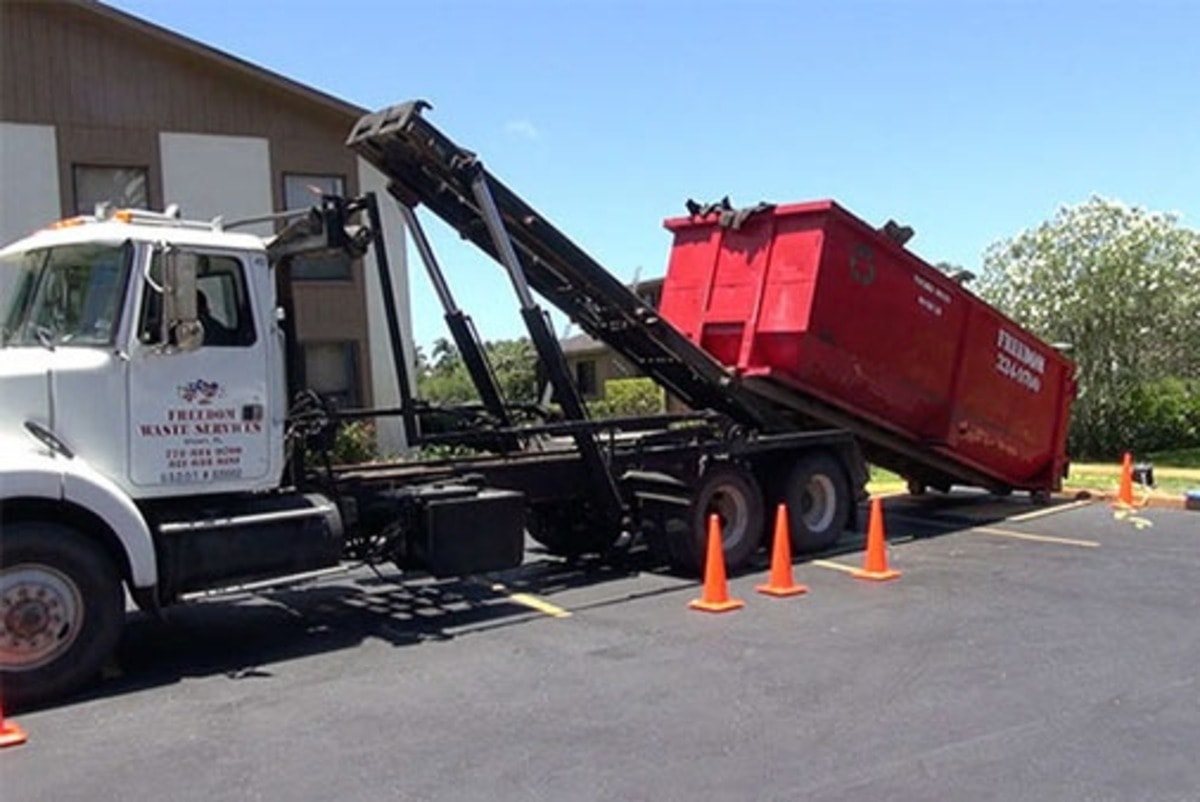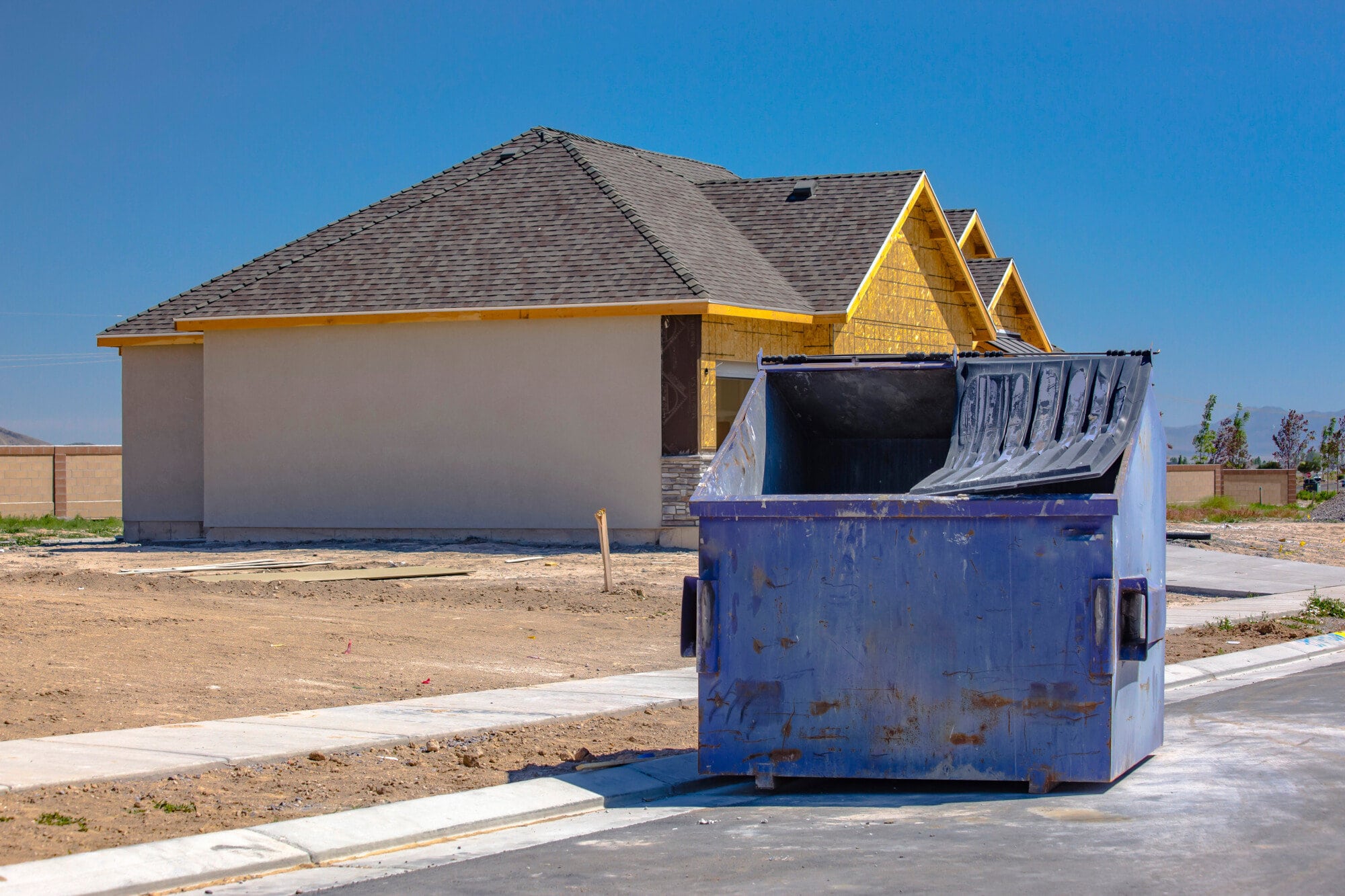The idea of dumpsters and landfills goes back much further than most people know. As early as 500 B.C., the government in Athens announced that trash needs to be buried at least a mile away from the city to get rid of the smell. This is where the concepts of landfills come from.
Like in Athens, the idea of a landfill is to keep the trash out of populated areas. Most towns have landfills or services that can connect you to neighboring landfills. Most often, people contact a dumpster rental service to get a roll-off dumpster. From there, the dumpster can be taken to a landfill once instead of taking various trips to offload small amounts of trash.
So keep reading to find out what you can safely put in a roll-off dumpster.
What Items Are Allowed?
If it’s something you’d normally put in the trash, you’re probably fine to put it in a dumpster. So your household junk, old clothes, toys, etc., can all be placed in a dumpster without worry.
When it comes to household appliances and electronics, you should rather call your landfill to make sure these items are accepted. Some smaller items can often be disposed of this way, but it’s better to be safe than sorry.
Wooden furniture is almost always accepted, but upholstered furniture might not be. Lumber is also often accepted, especially if it’s untreated. Some areas might also charge more to dispose of large items like furniture, so make sure that you check the guidelines.
Building materials like brick, concrete, and asphalt can be disposed of if you’re using a heavy debris dumpster. Most services offer various dumpster sizes, so make sure you pick one that can handle the items you want to dispose of. If you’re using a heavy or construction dumpster, you can also throw away any construction or home improvement debris.
You can generally dispose of shingles in a dumpster. However, if you’re planning to upgrade your roof and need to dispose of a large amount of shingles, it might be better to hire a service to handle the waste for you.
If you live in an area that’s prone to storms, most likely, you can dispose of storm debris. As long as the debris isn’t contaminated and consists of non-hazardous materials, you should be fine.
What Items Aren’t Allowed?
The rules tend to vary depending on the specific material, but there are some items you can’t throw in a dumpster, no matter what.
Refrigerators are one of these items. The refrigerant in refrigerators is toxic, so they cannot be disposed of this way. If you need to get rid of your refrigerator, you have to contact your local sanitation department to get them to pick up your item.
If your refrigerator’s refrigerant was drained by an HVAC professional, you can dispose of it through a dumpster, but it’s easier to get someone else to handle it. If you buy a new refrigerator, you can convince them to dispose of the old one for you.
Like refrigerators, hot water tanks aren’t allowed in dumpsters. The void space in these tanks can fill with toxic gasses if it ends up in a landfill. Your local waste management department can help you safely dispose of your water tank.
You can’t dispose of tires in a dumpster as they can damage the landfill structure as well as equipment. Methane gas can also build up in tires, making them dangerous to dispose of. Most auto parts stores can recycle old tires if you drop them off.
Paint cans are also dangerous as they can contain lead or mercury. This is less likely when it comes to newer paint cans, but if you’re house cleaning, you might find some older paint cans that are more dangerous.
Lithium batteries and car batteries should never end up in a landfill. Chemicals can leak from these batteries and are extremely bad for the environment.
Lithium batteries can often be recycled at electronic or grocery stores. You can take old car batteries to an auto shop so that they can properly dispose of them for you.
What Items Should Never End Up in a Dumpster?
If you have medical waste, you should never put it in a dumpster. Materials that were in contact with medicine or bodily fluids need someone with a medical waste disposal license to handle it. You should never throw away needles, bandages, or old medicine.
Like medical waste, hazardous waste cannot go into a dumpster. Pesticides, asbestos, motor oil, etc., are all materials that require proper procedure if you need to get rid of them. You might have a hazardous waste collection center in your area; otherwise, you’ll need to contact your municipality to find out how to properly handle these materials.
If you’re getting rid of any flammable liquids or materials, you need to take extra precautions to ensure they don’t end up in a landfill.
Hire a Roll-off Dumpster
When hiring a roll-off dumpster, it’s your responsibility to ensure the items you place in the dumpster are safe or not. All junk isn’t equal; some items need special care to ensure it’s disposed of properly. So make sure to check your local landfill guidelines before you start loading a dumpster.
If you’re ready to start your junk removal journey, contact us. Freedom Waste Services understands that your dumpster rental has to fit your needs and we’re ready to help!



